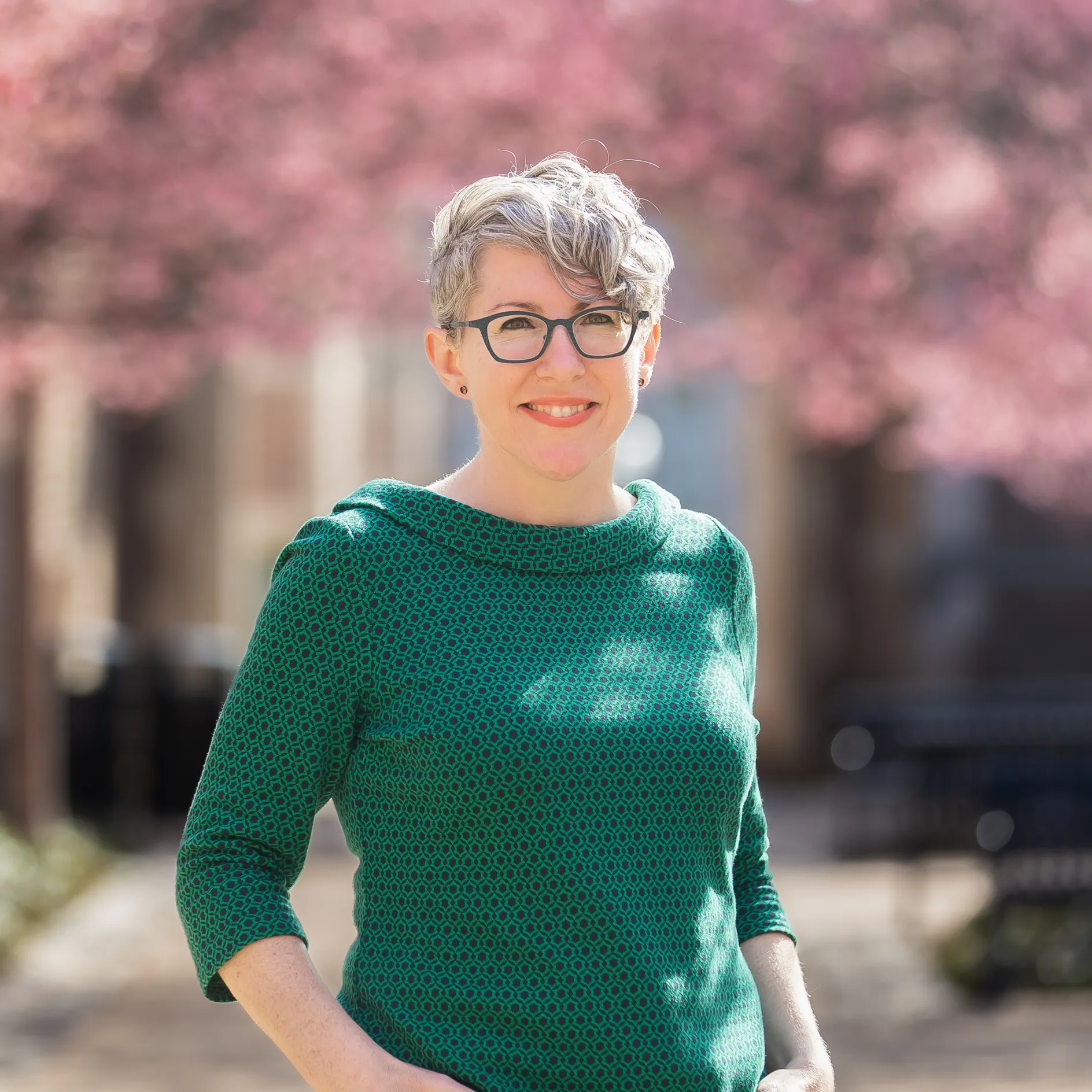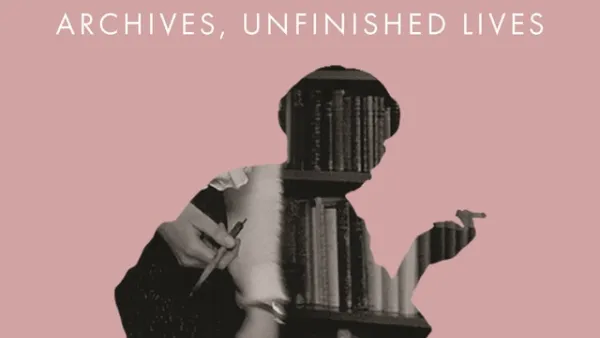Melanie Micir's current work focuses on queer feminist lives at midcentury.
Melanie Micir’s teaching and research interests include modern and contemporary British and Anglophone literature; women’s, gender, and sexuality studies; queer theory; temporality and age studies; life writing; archival theory and practice; publishing history, particularly with respect to small and independent presses; and the digital humanities. At WashU, she is an affiliate faculty member of the Department of Women, Gender, and Sexuality Studies, and she has served on the steering committee of the Humanities Digital Workshop and the executive committee of the Center for the Humanities. She has also served as an elected member of two MLA executive committees: Sexuality Studies (2020-2025) and 20th- and 21st-century English and Anglophone (2019-2022, delegate representative).
Micir's first book, The Passion Projects: Modernist Women, Intimate Archives, Unfinished Lives (Princeton University Press, 2019), was shortlisted for the Modernist Studies Association’s First Book Prize and has been reviewed in Feminist Modernist Studies, LSE Review of Books, Modernism/modernity, The Modernist Review, and Women: A Cultural Review. Her scholarship has been published or is forthcoming in ALH, JML, MFS, MLQ, Modernism/modernity, Modernism/modernity Print+, the Virginia Woolf Miscellany, and several edited collections. She is currently in the final stages of editing Contemporary Queer Modernism, which will be published by Routledge in 2025, and she is at work on two monographs: one on feminist counterfactual literary experiments, and another on old women. Together with Aarthi Vadde, she received the 2019 Florence Howe Award for Feminist Scholarship for their essay, “Obliterature: Toward an Amateur Criticism.” With Anna Preus, she is now completing a digital edition of Hope Mirrlees’ Paris: A Poem, and Micir and Preus have co-published and co-presented work about this edition together in multiple venues. Micir is also the recipient of a Harry Ransom Center Research Fellowship and, at WashU, a First Book Fellowship and a Collaborative Research Seed Grant through the Center for the Humanities. She received an Outstanding Faculty Mentor Award from the Graduate Student Senate in 2015 and a Classroom Innovation Grant in 2018. From 2017-2023, she convened “C21 STL: A Faculty Seminar on the Contemporary.”




